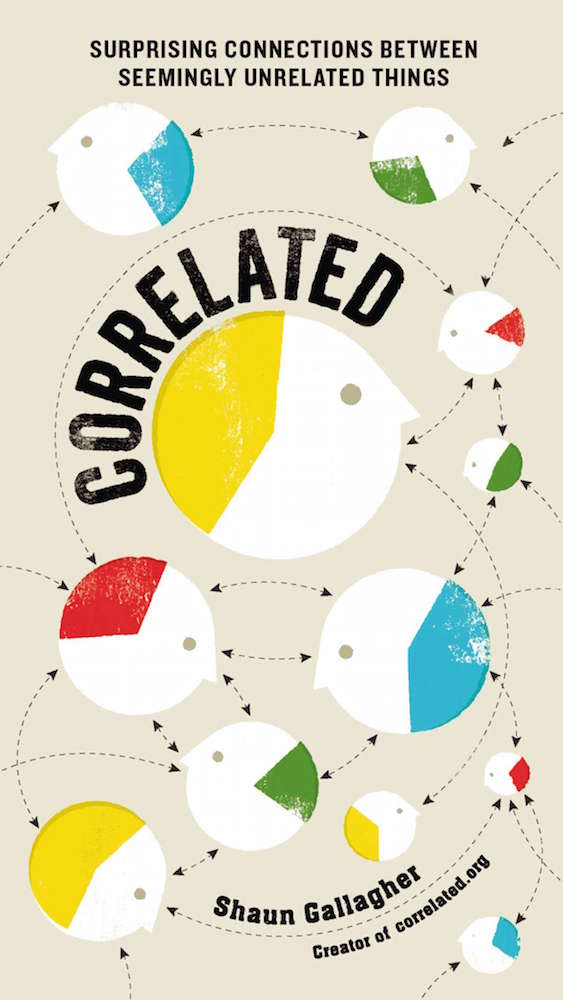Automate the Bad Cop
Parents, tired of power struggles over technology limits? Let your kid's devices be the Bad Cop.
In every parenting book I've read, readers are urged to avoid power struggles with their children.

But I am a stubborn person, and my children have inherited this trait from me. So although I try to avoid them, I do find myself occasionally locked in a stupid battle of wills where nobody wins and everybody walks away grumpy.
Here's how it often goes with kids who are glued to a screen, whether they're in the middle of a TV show, mid-level in a video game, or texting with friends on their phone.
You, the parent, tell them it's time to stop.
They say, "Just one more minute and my show will be over!"
Despite your best instincts, having been through this routine before, you agree to let them have one more minute of screen time — thinking they'll respond to your generosity with cheerful compliance once the minute is up.
A minute later, you return and inform them that screen time is finished.
"PLEASE!!!" they beg. "THE SHOW'S NOT OVER!"
"Be that as it may, screen time is over," you state firmly.
They glare at you.
You tell them to turn the device off.
They inform you, "YOU'RE RUINING MY LIFE!"
You reach over and extract the device from their tight grip.
They burst into tears, hurl insults, storm off, flail limbs, or some combination of those reactions.
Nobody wins.
You end up more frustrated, they end up more frustrated, and the worst part is that it will likely happen again the next time.
Calling in backup
I picked up this tip from a parent who has experience fostering children with various levels of trauma-related behavioral issues.
She said that she tries to automate the Bad Cop role as much as possible.
For instance, instead of walking into a room and declaring, "Tablet time is over in five minutes," and then having to play Bad Cop five minutes later, she uses the tablet's parental controls to set the time limit.
Then, when the time limit expires, it's the device that is in the Bad Cop role, rather than the parent.
Interestingly, children tend to get much less upset when it's the device itself that enforces these limitations, even if they're aware that it's the parent who has set them.
Maybe it's because of the impersonal nature of the automated approach. Yes, it can be frustrating when parental controls kick in and lock you out of a game, but it's more similar to the frustration you might feel when you lose a life in the game and have to start the level over and less similar to the frustration of being told what to do.
From boring stuff to bad stuff
In his book Automate the Boring Stuff with Python, Al Sweigart writes about how programming isn't just for the important stuff that skilled software developers get paid big bucks to construct. It's also for the trivial, boring stuff that takes humans a lot of time to do — time they would rather spend doing other things. If you can automate the boring stuff, like downloading files from a website whenever it updates, it frees up your time to focus on more important projects.
The "Automate the Bad Cop" approach is an extension of this.
When it's the devices themselves that are auto-enforcing the limits you set, they get to be the Bad Cop, and it frees up your time so you can focus on being the parent.
Other ways that you can automate the Bad Cop include:
• Choosing a cell phone plan for your teen that has a sensible data cap. Ideally, you should look for an "unlimited" plan that slows the download speed to a trickle after going above a certain limit. This allows them to still use the device if they're in a bind, but they'll quickly learn that it's better to stay within the cap for high-speed bandwidth.
• For younger kids, setting alarms can help them snap out of whatever activity they're engaged in. One of my children had a hard time keeping an eye on the clock to stop reading at bedtime, so we set an alarm clock across the room from his bed. When the alarm goes off, he has to physically walk across the room to turn it off, and that's his signal to stop reading.
• Use smart-home devices (or even "dumb" outlet timers) to turn off the lights or the music after a predetermined period of time.
• Configure your home's wifi network to disallow or limit access during certain periods of the day, such as meal times and bedtime.
Automation is only the first step
Automating the Bad Cop is not a parenting panacea, especially if you're using automation to substitute for, rather than augment, your role as a parent.
Just as automating the boring stuff frees up time so you can do more rewarding work, automating the Bad Cop frees up time (by avoiding unnecessary power struggles) that you should use to be present in your child's life in other ways.
You should not be surprised if your child looks for ways to work around your automated Bad Cop approach. Children are seldom as enterprising as when they're trying to bypass the limits a parent has set in place.
But by putting in the time to help your child understand why these limits are in place, you can accompany and support them on the slow, slow shift from being extrinsically motivated to follow the rules to being intrinsically motivated.
Extrinsic motivation means following the rules because you want to avoid a punishment or receive a reward. Intrinsic motivation means following the rules because you understand their benefit, so you do the right thing for its own sake.
Ultimately, your goal should be to help your child mature enough that they will put their own limits on screen time because they know they need to get other things done.



